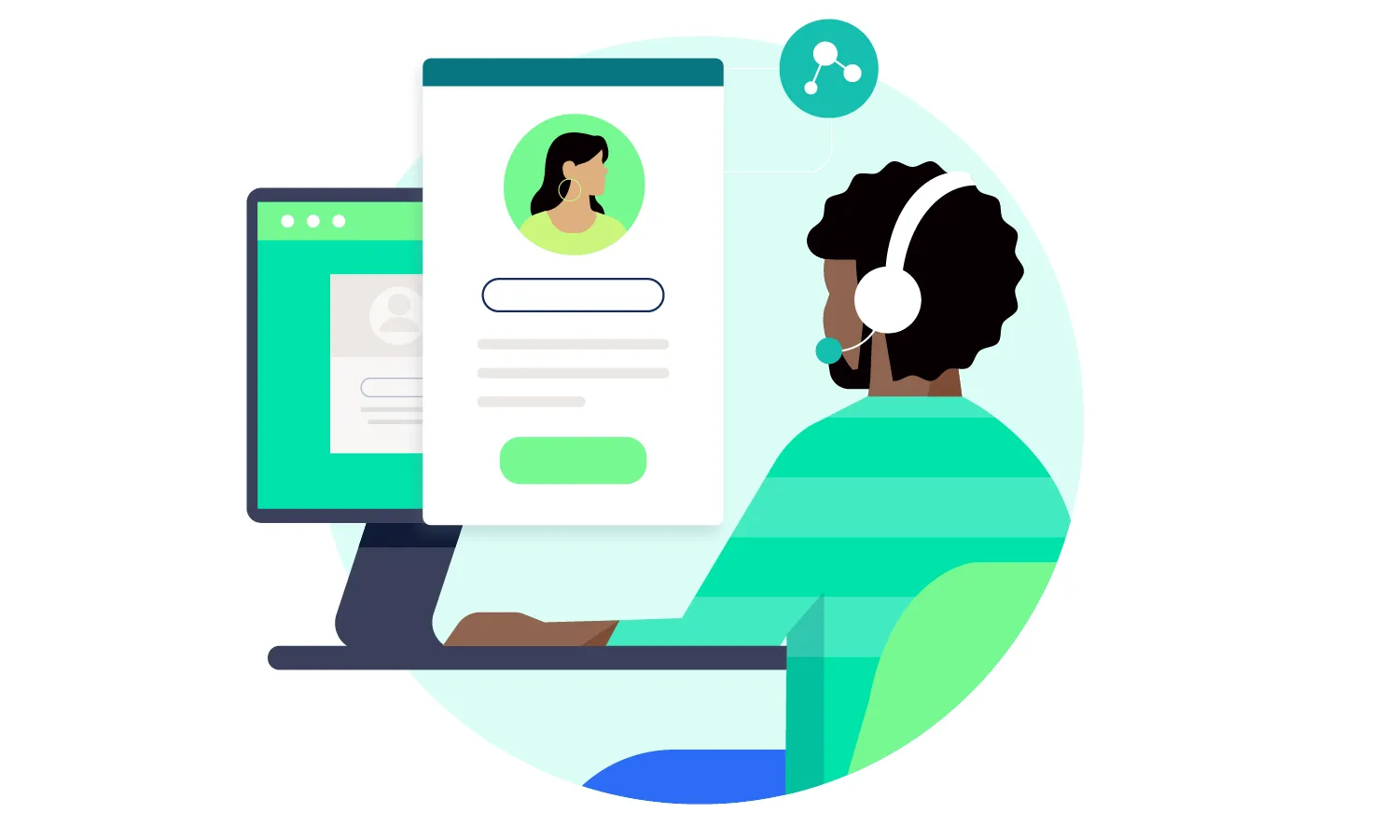June 21, 2022
Why you should focus on known customer data over anonymous data
If you’re still prioritizing anonymous customer data, it’s time to make a change. Your customers want personalized experiences, and the best way to deliver them is through known zero- and first-party data.

Once upon a time, anonymous data was the main way ecommerce retailers tracked and understood their customers.
Often collected via third-party cookies, this data tracked customers anonymously across websites giving marketers insight into a variety of attributes such as their purchases, interests, and unique behaviors. However, the problem with anonymous data is the fact that it fails to define individual customers, leading to lackluster experiences that cause churn and reduced rates of retention
While anonymous data is still a relatively useful tool in a marketer’s toolbelt, it is far from the best one. In order to understand your customers and create the engaging experiences that drive sales, you need to utilize known data that identifies your customers on an individual level.
What is anonymous customer data?
Anonymous data is a form of data that collects customer information without revealing specific identifiers about individual customers. Oftentimes, anonymous data is captured passively via web traffic in the form of third-party data, however anonymous data can be gathered via zero- and first-party methods as well through email engagement or individual transactions.
The truth is, your customers don’t want to be tracked anonymously. While anonymous data satisfies consumer privacy concerns, it still fails to provide the insights necessary to create the kind of personalization that your customers have come to expect. Your customers want to know that their data is being captured securely and is used to enrich their experiences. This is the reason why companies like Google are moving away from anonymous data to instead integrate their captured data with specific user profiles. By identifying individuals and creating customer profiles built on known zero- and first-party customer data you can craft the tailored experiences that excite and delight your customers.
Anonymous customer data versus known customer data
Known individualized customer data is the future of retail, and will help marketers identify who their customers truly are. With this knowledge, marketers can engage with customers individually, crafting marketing, content, and products specifically tailored to their unique needs and behaviors.
There are various ways in which known zero- and first-party data can be used to directly wow your customers. For instance, if you capture names and email addresses via your ecommerce checkout sequence, you can tie this information to specific purchases in individual customer profiles. With these enriched profiles, you can then aggregate your customers into cohesive segments which you can then engage with marketing that suggests products complementary to their initial purchase.
Alternatively, known customer data can help you create highly-targeted promotions that match the purchasing patterns of specific customers. By reviewing individual customer profiles you can identify who your most high-value customers are and create discounts that incentivize further high-value purchasing behaviors.
Your support teams can also benefit from known customer data. With detailed customer profiles on hand, your support staff can be more responsive and adaptive to customer needs as they’ll have quick and easy access to that customer’s entire interaction history with your brand.
While data privacy is a continued concern for consumers, you can counteract this worry by requesting that they opt-in to provide their data. In this opt-in form be transparent about how you plan to use their data, focusing on how their sign-off will lead to more refined and personalized experiences. If your customers know how their data is being collected and used they’re more likely to agree to the terms and conditions.
How Lexer helps you make use of your anonymous data
While all marketers should be prioritizing the capture of known customer data, making that transition from anonymous data to known data can be a significant hurdle to overcome. Fortunately, Lexer’s Customer Data and Experience Platform (CDXP) helps anonymous data users make use of their data through Lexer Tag.
Lexer Tag is built directly in the platform and is designed to help marketers enhance their anonymous data capture through some of the following channels:
- Transactions: Lexer Tag users can capture descriptive data from formerly unidentified customers who have accepted terms and conditions after purchasing products. This data can then be used to build the foundations for individual customer profiles.
- Sign-ins and sign-ups: If you have a newsletter or a email log-in, Lexer Tag helps you pair email addresses with individual profiles to identify formerly unidentified customers.
- Email engagement captures: Lexer Tag helps marketers identify anonymous users who have navigated to your website from your email marketing.
Know your customer. Grow your business with Lexer CDXP
With Lexer’s CDXP you can turn your anonymous data into enriched customer profiles that provide insight into who your customers really are. Lexer’s intuitive segmentation tools allow you to capitalize on this knowledge by helping you create marketing outreach targeted around specific behaviors and interactions.
Lexer is the customer data and experience platform of choice for over 150 leading brands and retailers, helping them develop a deeper understanding of their customers so they can improve experiences and drive revenue growth. We put the power of your customer data directly into your hands, ensuring you have the insights necessary to grow your business. Our intuitive tools enable retail, marketing, and service teams to create data-driven engagement strategies that positively impact every stage of the customer lifecycle.
To learn how Lexer can quickly and easily identify opportunities and optimize experiences, schedule a demo with our team using the calendar below!
Speak with our retail experts

